The human brain is like an enigmatic masterpiece of nature, a complex organ that serves as the command center for our thoughts, emotions, and behaviors. Despite centuries of research, there’s still so much we’re learning about this incredible organ. Let’s explore some surprising facts about the human brain that you might not know.
Table of Contents
1. The Brain’s Energy Consumption

Despite accounting for only 2% of our body weight, the brain consumes about 20% of our daily energy intake. It’s like a power-hungry machine, constantly working even when we’re at rest.
2. The Brain’s Water Content
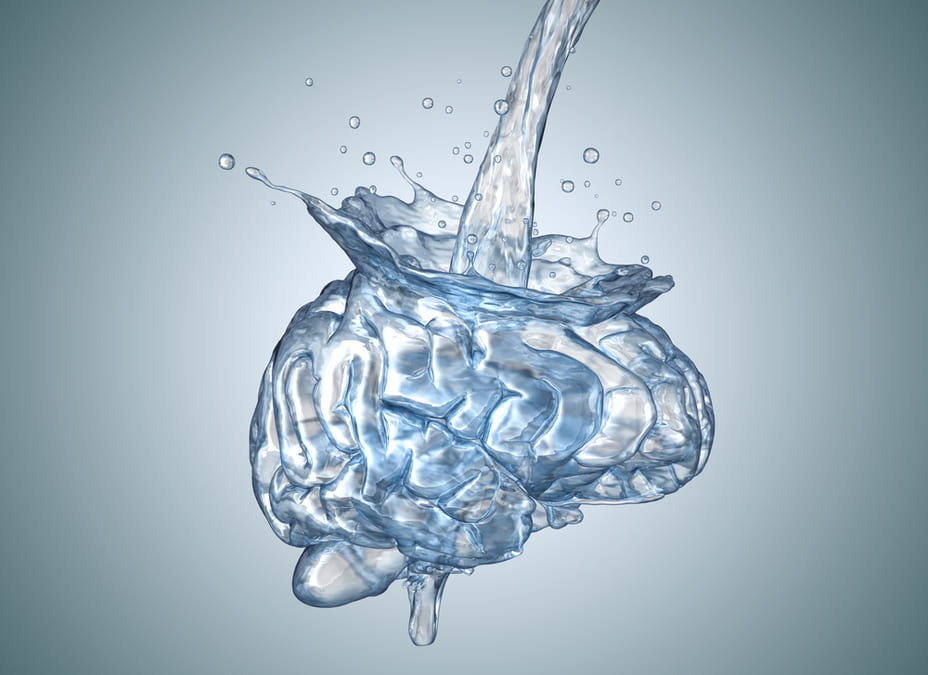
The human brain is about 75% water. Just like a sponge soaking up water, our brains need to stay hydrated to function optimally.
3. The Brain’s Fat Content
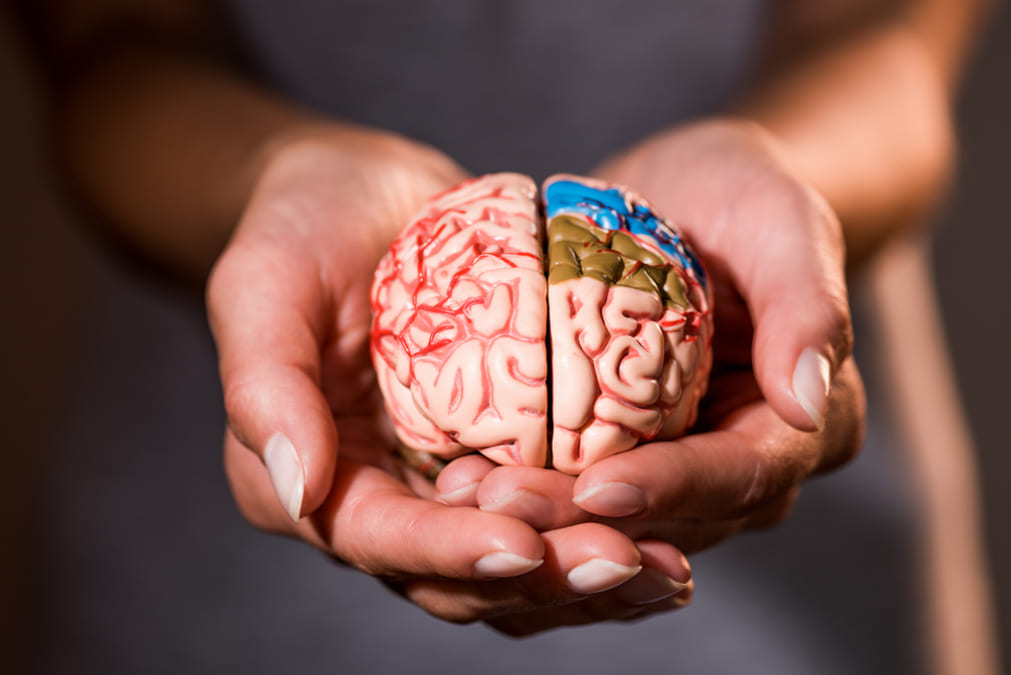
The brain is the fattiest organ in the body, consisting of approximately 60% fat. It’s like a well-oiled machine, where fats play a crucial role in maintaining brain structure and function.
4. The Brain’s Neuronal Network
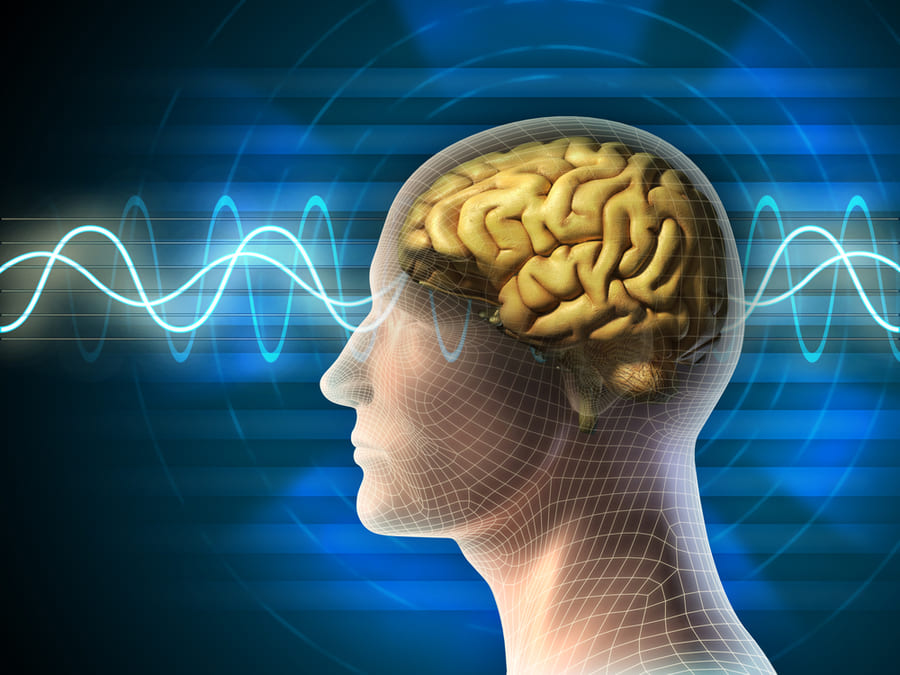
The brain contains approximately 86 billion neurons, interconnected in a complex network. It’s like a bustling city, with neurons as the inhabitants communicating through a vast network of synaptic connections.
5. The Brain’s Plasticity
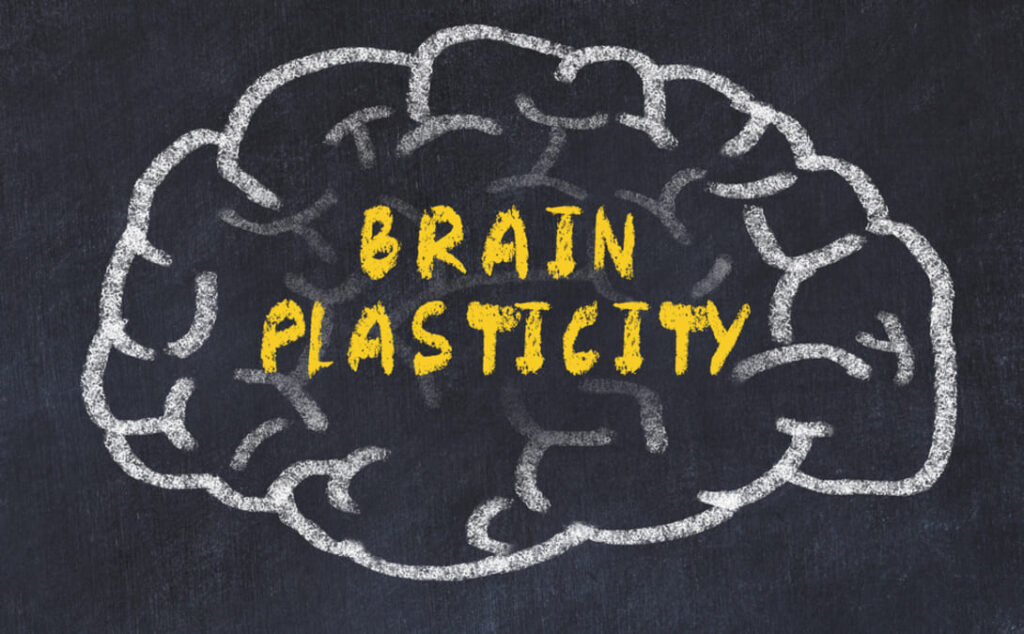
The brain has the remarkable ability to reorganize itself, known as neuroplasticity. It’s like a river, constantly changing its course over time. This allows us to learn new skills and recover from brain injuries.
6. The Brain’s Silent Neurons
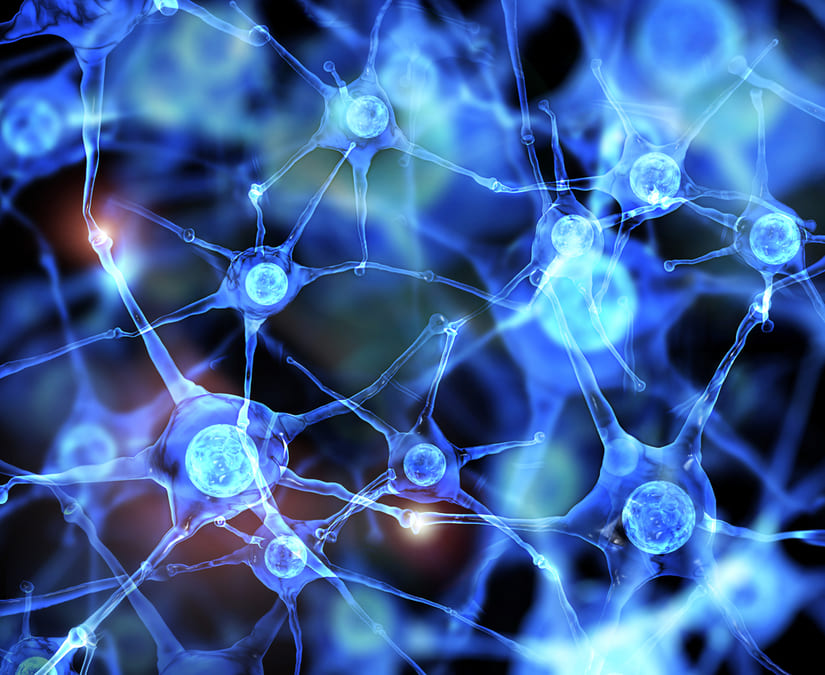
Not all neurons in the brain fire all the time. Some neurons, known as silent neurons, only become active during specific tasks. It’s like having a reserve army, ready to spring into action when needed.
7. The Brain’s Speed of Processing

Information in the brain travels at different speeds, ranging from a leisurely 0.5 meters/second to a lightning-fast 120 meters/second. It’s like having different speed lanes on a highway, each suited for different types of information.
8. The Brain’s Lack of Pain Receptors

The brain itself cannot feel pain because it lacks pain receptors. This is why brain surgeries can sometimes be performed while the patient is awake. It’s like being the conductor of an orchestra, directing the music but not playing an instrument.
9. The Brain’s Storage Capacity

The brain’s storage capacity is estimated to be equivalent to about 2.5 petabytes (or a million gigabytes). It’s like having a supercomputer in your head, capable of storing a lifetime of memories and experiences.
10. The Brain’s Oxygen Requirement
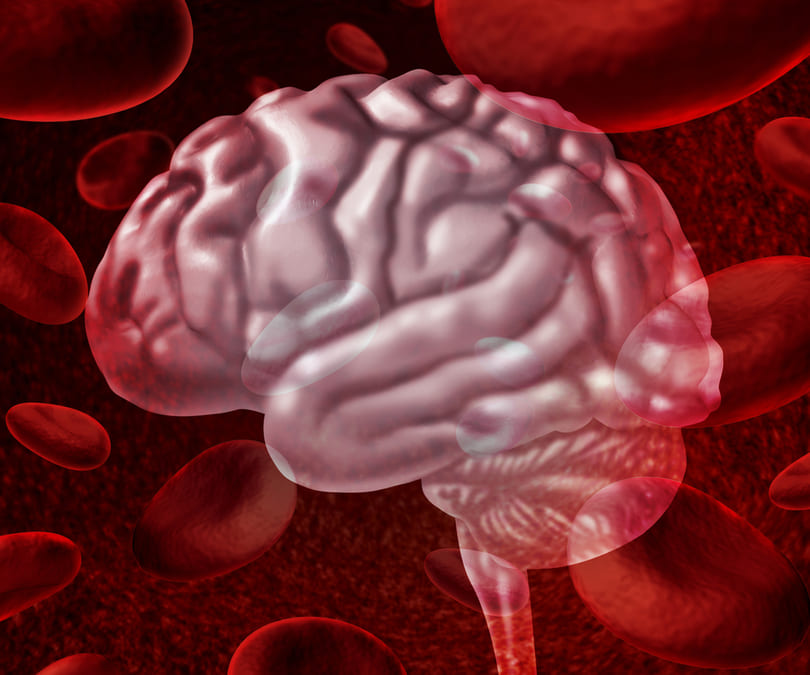
The brain requires a constant supply of oxygen to function. Just 5 minutes without oxygen can cause brain cells to start dying, leading to severe brain damage. It’s like a car engine, needing a constant supply of fuel to keep running.
The human brain is a marvel of nature, a complex organ with surprising features and capabilities. These fascinating facts remind us of the incredible power and potential of our brains. So, the next time you’re faced with a challenging task or a complex problem, remember, you have a supercomputer in your head, ready to help you navigate the world!








